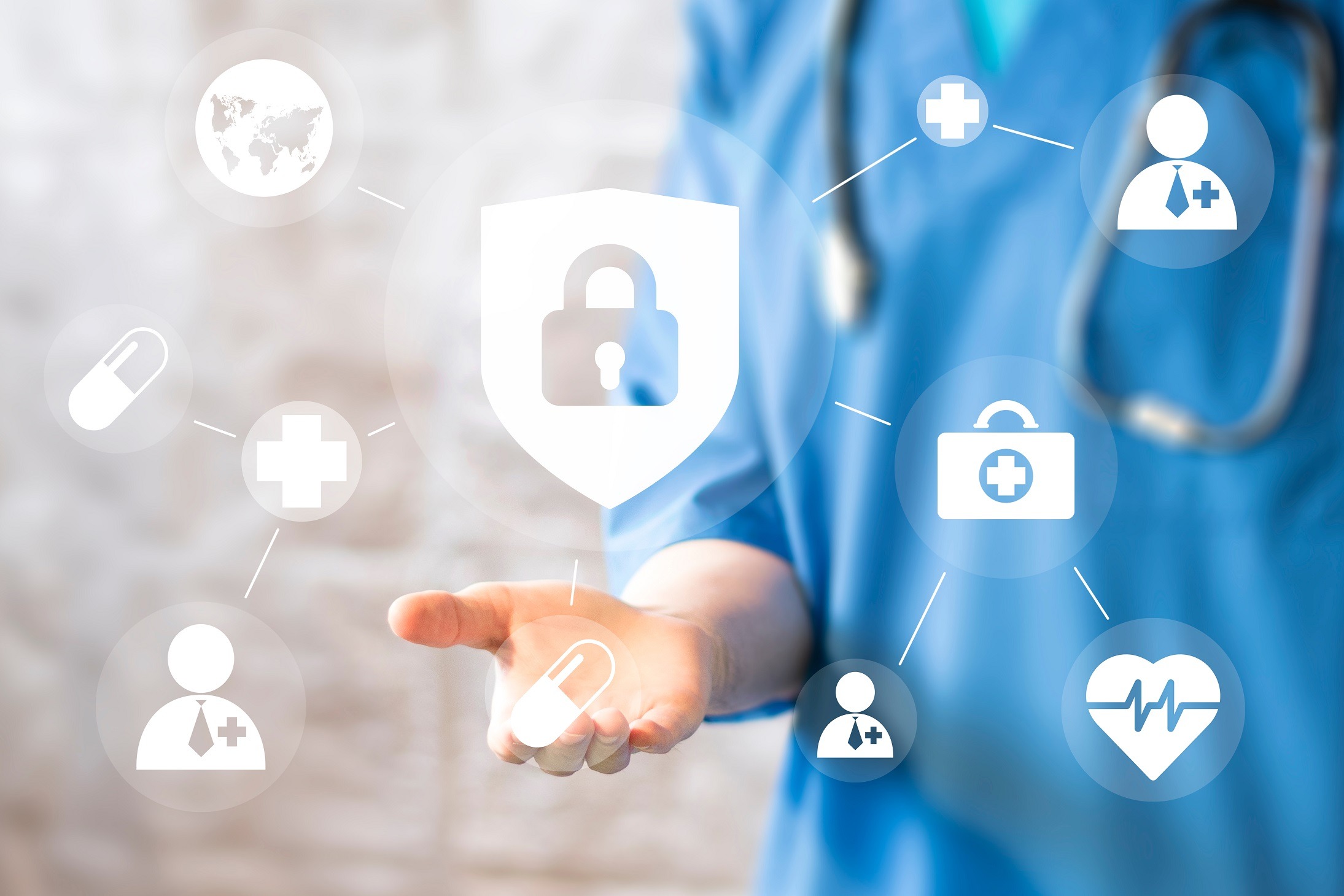
The cyber security market is set to double in value over the coming decade as Covid-19 continues to drive the adoption of remote-access medical devices, according to an analyst.
Telehealth applications like virtual appointments and remote patient monitoring have allowed doctors to continue providing care to their patients while minimising the virus’ spread throughout the past year.
However, the resulting incorporation of software has also increased the risk of cyber-attacks across healthcare systems.
Analytics firm GlobalData anticipates this will contribute to significant growth in the global cyber security market – with revenues climbing from $115bn in 2020 to $237bn by 2030.
Dominic Tong, medical devices analyst at GlobalData, said: “Advancements in remote care solutions will result in a higher standard of patient care, as physicians can more easily access real-time patient health data and communicate with patients regardless of physical location.
“However, the burden of ensuring that such solutions are secure from cyber-attacks falls on both healthcare providers and medical device manufacturers.
“Healthcare providers must ensure they balance investment in new technologies with cyber security measures and training, and manufacturers must create products that are secure against vulnerabilities.
“Without the proper measures in place, remote care solutions may end up causing more harm than good.”
Cyber security threats following Covid-19
According to GlobalData, the influx of new remote-accessible devices – from wearable sensors that transmit patient health data, to remote-controllable robotic surgery devices – increases complexity and exposes points of attack for cyber criminals.
Potential cyber-attack avenues include email servers, cloud storage, network access points, patient databases and careless employees.
And, these potential risks have only been exacerbated following the uptake of remote technologies by healthcare providers in response to lockdowns and social distancing measures seen over the past year.
“Recent large-scale cyber-attacks in the healthcare sector, such as ransomware attacks on hospital chains and vaccine data breaches, have underscored the importance of robust cyber security solutions and protocols,” said Tong.
“Damages from these attacks are significant – repairing electronics at a cost of millions of dollars; leaked patient records containing sensitive information; and even loss of life due to disruptions in hospital computer systems.”


